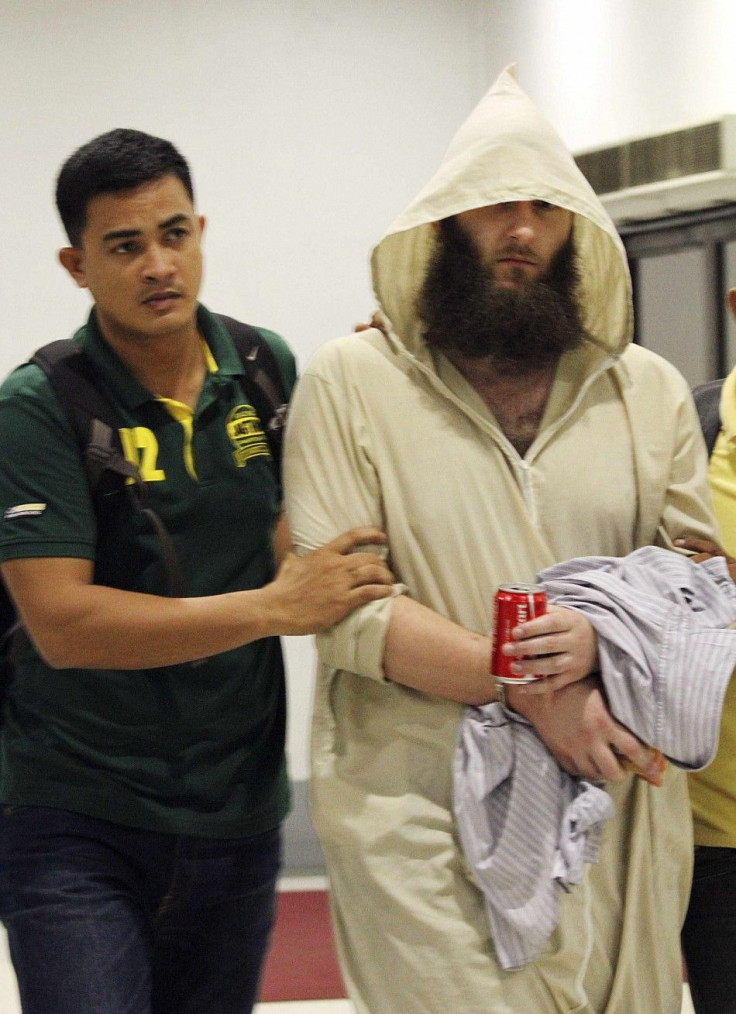Canadian Professor Wanted By France In Terror Case To Be Extradited

In a case of law catching up after many decades, the Supreme Court of Canada declined to hear the case of an Ottawa sociology professor, who is wanted by French authorities on a 30 year-old terrorism case.
Professor Hassan Diab tried to make an appeal to the apex court, but that was denied. This has paved the way for his being extradited to France for facing judicial scrutiny about a 1980 bombing of a Paris synagogue, reports National Post. But the Supreme Court gave no reason for its decision. The French authorities identified Diab, 60, as a suspect in an anti-Semitic bombing incident, some 34 years ago. It killed four people and injured dozens of others. But the professor of Lebanese origin denies that.
Kafkaesque Situation
In a statement, Prof Diab described his life as being caught in a Kafkaesque nightmare. Expressing disappointment, Diab said he would never stop fighting to stay in Canada, which he calls home. "This is a very sad day for me, my family and supporters, and the extradition law in Canada. I had hoped for justice from the Canadian legal system," Diab said. "But I will never give up, and remain hopeful that I will return to my home in Canada and be reunited with my wife and children."
Diab's lawyer Donald Bayne raised questions about the use of unproven intelligence in a criminal prosecution. Bayne argued that France was relying on secret information that defied constitutionality and procedural fairness. Another element of the case is the credibility of the evidence produced. That was the handwriting on a hotel registration card allegedly penned by Diab.
The Canadian government took the stand that Diab's request for a Supreme Court hearing does not merit a hearing as it has no public issue of importance. Therefore, it should be dismissed.
Extradition Soon
Ms. Clarissa Lamb, a spokeswoman for Justice Minister Peter MacKay said Diab will be subject to "immediate removal," under the Extradition Act. Canada will get 45 days of time to send Diab to France, she noted, reports CTV news. In France, Diab will be heard by a judge in an open judicial inquiry regarding the attack, a French embassy spokesman said.






